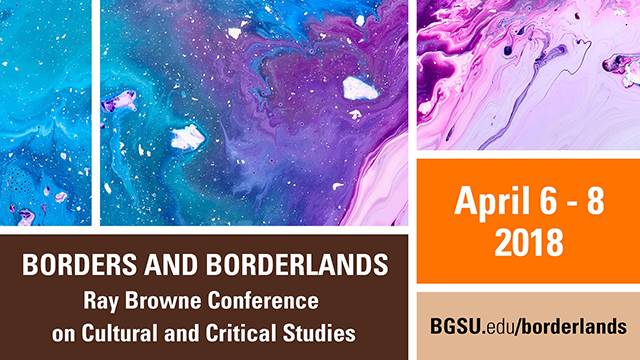
Concurrent Panel Session Eleven
A Critique of Ambedkar’s Movement for the Rights of the Untouchables
Start Date
8-4-2018 2:00 PM
End Date
8-4-2018 2:50 PM
Abstract
As a representative of depressed class, Ambedkar was called in the Round table conference in September,1930. During the concocting of blue prints of constitution, Ambedkar clearly mentioned his demand of ‘Separate Electoral’ for depressed class because till that time he had realized that Hindus would never give equal rights to Dalits . The conversation, in Yervada Jail in 1932 with Gandhi and his disillusionment with Hindus, determined him on the issue of conversion. ‘Annihilation of caste’ reflects his dilemma about the existence of religion, in which at the end of his address,he reiterated his resolve to give up Hinduism .
“Though, I was born a Hindu, I solemnly assure you that I will not die as a Hindu”
The paper highlights the reason for adopting ‘Buddhism’ with the reference of his Madras speech ”Rationalism in India-Revolution and Counter Revolution”. What inspired him ,other than the religious assimilations ,was that Buddhism focuses on “Purity of body and mind”. The paper also elaborates the discontentment of Ambedkar with the two wheels- ‘Hinayana’ and ‘Mahayana’ of classical Buddhism and the zest to form his own materialist wheel,’Navayana’ which he radicalized in ‘Buddha and Dhamma’ and preached the road of knowledge and equality for everyone. I’ve also tried to elucidate the modalities, and the leadership quality of Dr. Ambedkar with which he was successfully able to unite nearly half a million men,women and children and declared a cultural war on October,14,1956 at Nagpur, for reclaiming their dignity and liberty. The mass conversion was the result of years of agony, desperate quest of a casteless society for a dignified life.
The purpose of this paper is to highlight rationalist interpretation of Buddhism, disillusionment for Hinduism, the reason of conversion,his fascination about Buddhism ,the journey of Ambedkar from a follower to digger of Buddhism, and how his Buddhism (Navayana) is a materialist form of classical buddhism.
Keywords
Hinduism, Buddhism, Emancipatory religion, democratic religion
A Critique of Ambedkar’s Movement for the Rights of the Untouchables
As a representative of depressed class, Ambedkar was called in the Round table conference in September,1930. During the concocting of blue prints of constitution, Ambedkar clearly mentioned his demand of ‘Separate Electoral’ for depressed class because till that time he had realized that Hindus would never give equal rights to Dalits . The conversation, in Yervada Jail in 1932 with Gandhi and his disillusionment with Hindus, determined him on the issue of conversion. ‘Annihilation of caste’ reflects his dilemma about the existence of religion, in which at the end of his address,he reiterated his resolve to give up Hinduism .
“Though, I was born a Hindu, I solemnly assure you that I will not die as a Hindu”
The paper highlights the reason for adopting ‘Buddhism’ with the reference of his Madras speech ”Rationalism in India-Revolution and Counter Revolution”. What inspired him ,other than the religious assimilations ,was that Buddhism focuses on “Purity of body and mind”. The paper also elaborates the discontentment of Ambedkar with the two wheels- ‘Hinayana’ and ‘Mahayana’ of classical Buddhism and the zest to form his own materialist wheel,’Navayana’ which he radicalized in ‘Buddha and Dhamma’ and preached the road of knowledge and equality for everyone. I’ve also tried to elucidate the modalities, and the leadership quality of Dr. Ambedkar with which he was successfully able to unite nearly half a million men,women and children and declared a cultural war on October,14,1956 at Nagpur, for reclaiming their dignity and liberty. The mass conversion was the result of years of agony, desperate quest of a casteless society for a dignified life.
The purpose of this paper is to highlight rationalist interpretation of Buddhism, disillusionment for Hinduism, the reason of conversion,his fascination about Buddhism ,the journey of Ambedkar from a follower to digger of Buddhism, and how his Buddhism (Navayana) is a materialist form of classical buddhism.

